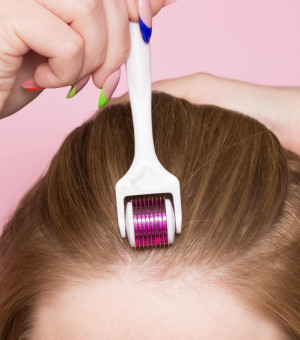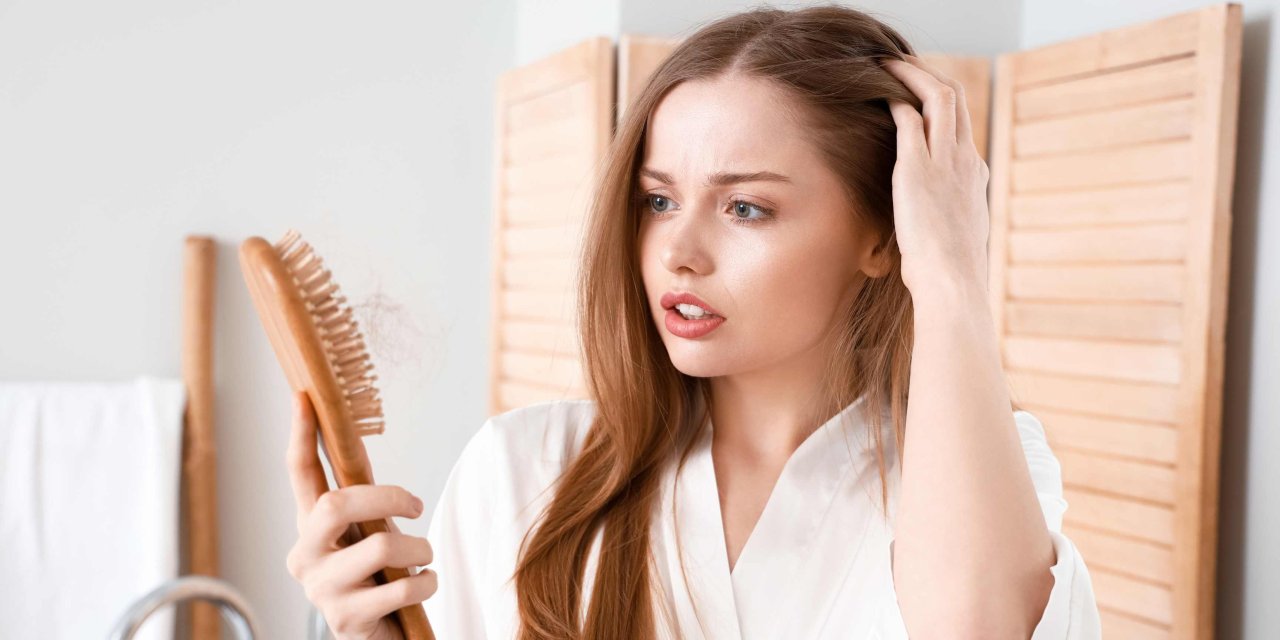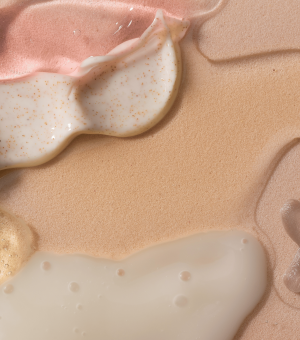5 common conditions
Healthy hair starts with a healthy scalp. However, many people experience scalp and hair conditions that affect their confidence and comfort. If you're dealing with persistent issues such as hair loss, dandruff, or itching, a dermatologist can help diagnose and treat the problem effectively. Let’s explore some of the most common scalp and hair conditions and how they can be managed.
1. Hair Loss
(Alopecia)
Hair loss can occur for many reasons, including genetics, hormonal changes, stress, and underlying medical conditions. Some forms of hair loss, such as androgenetic alopecia (pattern baldness), are hereditary, while others, like telogen effluvium, may result from stress or illness. Dermatologists can identify the cause of hair loss and recommend treatments such as topical medications or oral medications.
2. Seborrheic Dermatitis
(Severe Dandruff, Redness, Itching)
Seborrheic dermatitis is a common scalp condition that causes flaking, redness, and itching. It occurs due to an overgrowth of yeast on the scalp, combined with excess oil production. Treatments include medicated shampoos and prescription-strength topical treatments to control symptoms and restore scalp health. Sometimes it is also necessary to treat with isotretinoin.
3. Scalp Psoriasis
(Thick Plaques, Whitish Scales)
Psoriasis is a chronic autoimmune condition that can affect the scalp, leading to thick, scaly patches and irritation. Dermatologists may recommend treatments such as medicated shampoos, steroids or systemic medications to manage flare-ups.
4. Folliculitis
(Small Red Bumps, Sometimes with Pus)
Folliculitis is an infection or inflammation of the hair follicles, often caused by bacteria or fungi. It appears as small red bumps, sometimes filled with pus, and can be itchy or tender. Mild cases may clear on their own, but more severe cases require antibiotic or antifungal treatments. Keeping the scalp clean and avoiding excessive friction can help prevent future outbreaks.
5. Scalp Ringworm
(Hairless Patches, Scales, Crusts)
Scalp ringworm, or tinea capitis, is a fungal infection that causes circular, hairless patches with scaling and crusting. It is highly contagious and commonly affects children. Treatment usually involves oral antifungal medications, as topical treatments alone are often insufficient. Early diagnosis and treatment can help prevent permanent hair loss and further spread.
6. Other Hair and Scalp Conditions
There are many other hair and scalp conditions that may require professional attention, including eczema, allergic reactions, and excessive oil production. If you experience persistent symptoms such as itching, flaking, hair thinning, or scalp irritation, consulting a dermatologist can help you find the right solution.
When to See a Dermatologist
If your scalp condition is causing discomfort, affecting your hair growth, or not improving with over-the-counter treatments, it's time to seek professional help. A dermatologist can assess your symptoms, determine the underlying cause, and provide a personalized treatment plan.
At our dermatology clinic, we specialize in diagnosing and treating a wide range of scalp and hair conditions.



